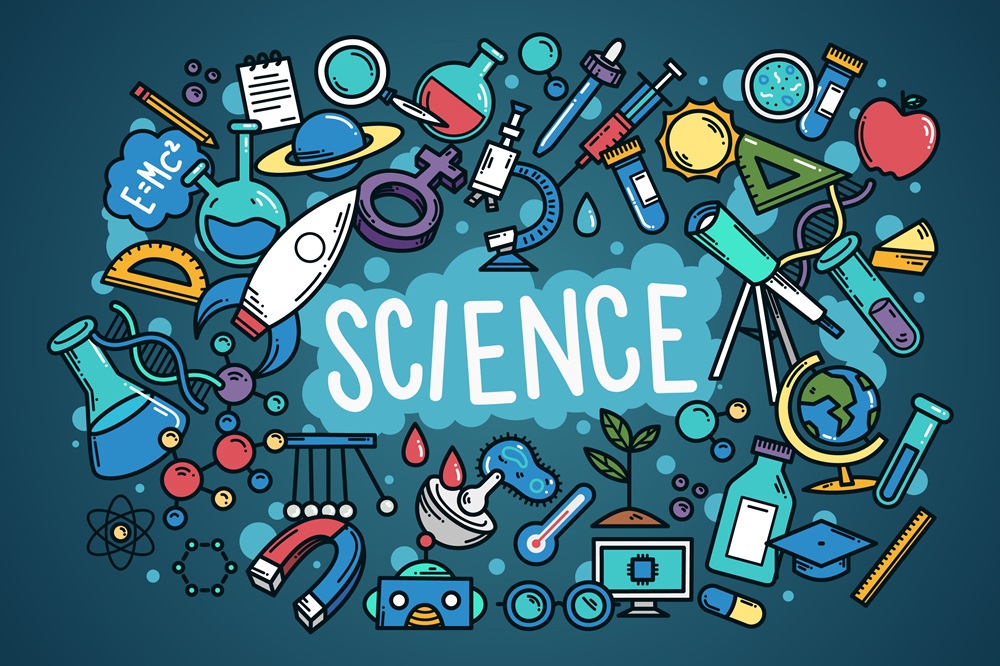Introduction to Nanotechnology
Nanotechnology is revolutionizing the world with its extraordinary ability to manipulate matter at the molecular and atomic level. This powerful technology has the potential to transform a wide range of industries, from medicine and electronics to energy and environmental protection.
What is Nanotechnology?
At its core, nanotechnology involves the design, production, and application of structures, devices, and systems by controlling matter at a nanometer scale, typically between 1 and 100 nanometers. A nanometer is one-billionth of a meter, smaller than most molecules and atoms.
The History of Nanotechnology
The concept of nanotechnology was first introduced by physicist Richard Feynman in 1959, though the term itself wasn’t coined until 1974 by K. Eric Drexler. Since then, scientific advancements have pushed the boundaries of what’s possible at the nanoscale.
Applications of Nanotechnology
Nanotechnology has already proven to be highly impactful in various fields. Below are some key applications:
Medicine
In medicine, nanotechnology is leading to the development of more efficient drug delivery systems, early detection methods, and advanced imaging techniques. Nanoparticles can deliver drugs directly to cancer cells, reducing side effects and increasing treatment effectiveness.
Electronics
The electronics industry benefits from nanotechnology in the production of faster and smaller transistors, leading to more powerful computers, smartphones, and other devices. Nanomaterials also improve energy storage and battery efficiency.
Energy
Nanotechnology is making strides in renewable energy by improving the efficiency of solar cells, batteries, and fuel cells. By enhancing energy storage, nanotechnology can contribute to reducing carbon footprints and advancing sustainable energy solutions.
Environmental Protection
Nanotechnology is being used to clean up environmental pollutants, such as oil spills, by developing more effective filtration and purification systems. It also helps in water purification and waste management by utilizing nanoscale materials to remove contaminants.
Future of Nanotechnology
The future of nanotechnology is filled with exciting possibilities. As research and development continue, we can expect even more breakthroughs that will further revolutionize various industries.
Smart Nanomaterials
Researchers are exploring the development of smart materials that can respond to external stimuli. These materials could be used in everything from self-healing surfaces to more efficient medical implants.
Quantum Computing
Nanotechnology is playing a key role in the development of quantum computing, where quantum bits (qubits) can exist in multiple states simultaneously. This could lead to unimaginable advances in computing power, solving complex problems far faster than traditional computers.
Advancements in Drug Delivery
Nanotechnology will continue to transform healthcare with even more sophisticated drug delivery systems. Nanoparticles could be designed to carry genetic material for personalized medicine, targeting specific cells with precision and avoiding adverse effects.
Challenges in Nanotechnology
While nanotechnology holds incredible potential, there are several challenges to overcome, including:
- Safety Concerns: The small size and unique properties of nanomaterials could pose potential risks to human health and the environment. Thorough testing and regulation are essential.
- High Costs: The production and development of nanotechnology are expensive, which can hinder large-scale applications.
- Ethical Issues: The rapid advancements in nanotechnology raise ethical concerns, such as privacy issues with nanosensors and the potential for misuse in military applications.
Ethical Considerations in Nanotechnology
As with any groundbreaking technology, the rapid development of nanotechnology introduces ethical dilemmas. From privacy concerns with nanomaterials in wearable tech to the potential for misuse in warfare, it’s essential for policymakers, researchers, and society to address these issues responsibly.
Privacy and Security
Nanotechnology-enabled surveillance devices could create privacy risks, as tiny sensors may go unnoticed while collecting data on individuals. Laws and regulations need to keep up with technological advances to safeguard privacy.
Environmental Impact
Although nanotechnology promises environmental benefits, the long-term effects of widespread use of nanomaterials on ecosystems remain unclear. Researchers must assess the potential risks to biodiversity and human health.
The Role of Government and Policy in Nanotechnology Development
Governments play a crucial role in shaping the future of nanotechnology by providing funding for research and ensuring that safety and regulatory frameworks are in place. Collaboration between the public and private sectors is essential for advancing nanotechnology responsibly.
Conclusion: The Bright Future of Nanotechnology
Nanotechnology is poised to change the way we live, work, and interact with the world around us. With its potential to revolutionize industries such as medicine, electronics, and energy, the future is bright. However, ongoing research, regulation, and ethical considerations will be essential in ensuring that nanotechnology is developed in a safe and responsible manner.
